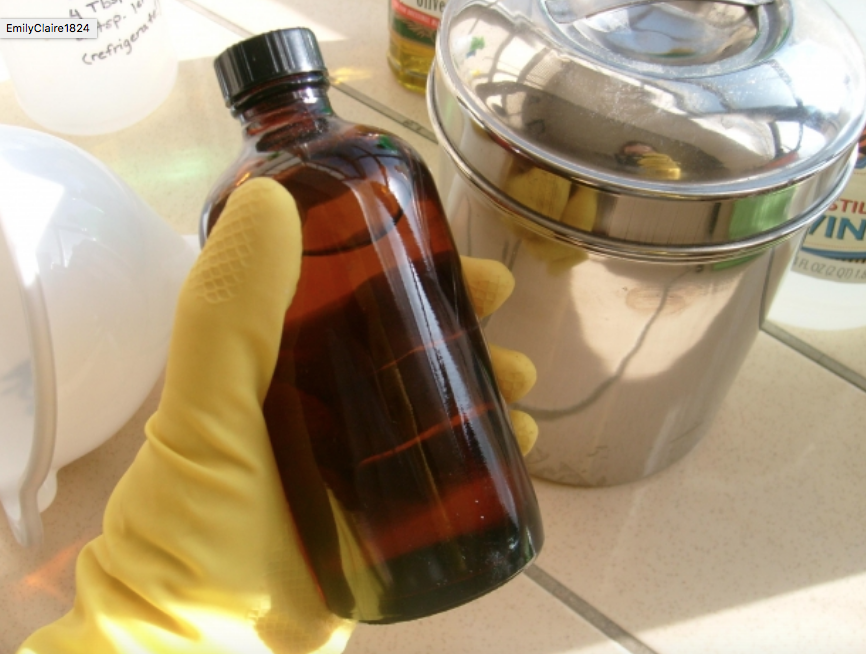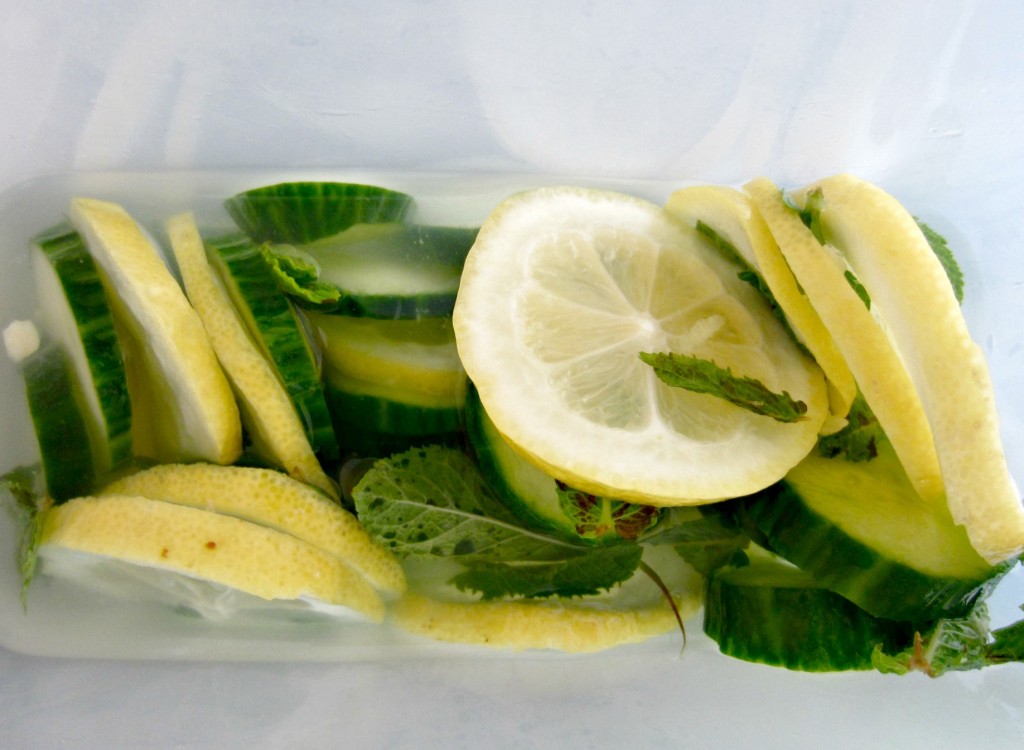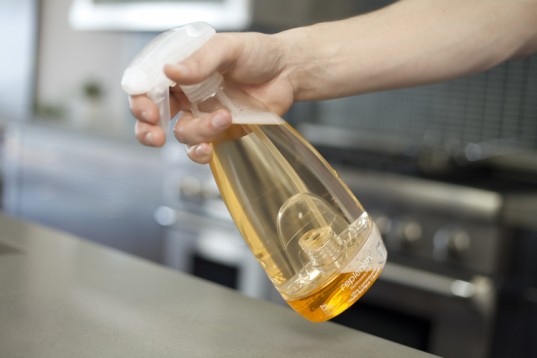Banish Bugs: 6 All-Natural Pest Control Methods for the Pet-Friendly Home

Do you have a pest problem in your home? Here are some natural methods to banish bugs fast!
 Photos By: Freepik
Photos By: Freepik
In a perfect world, a house should be a place of relaxation, growth, play, and comfort. Unfortunately, homes and gardens can offer refuge to unwanted visitors who wreak havoc on peace and tranquility. While keeping your home pest-free can be challenging, it is well worth the effort—especially if you house furry friends.
While pets are treasured members of many households, animal food, waste, and unhygienic fur coats can be attractive to a wide variety of unwanted pests. While the creepy crawlies stalking your family dog may seem annoying at best, they can be extremely dangerous to the life of your fur-baby. Pests can spread deadly diseases, potentially poisoning them or leaving them with uncomfortable symptoms, like itching or swelling.
Living alongside household pests can adversely affect many parts of your life and stir chaos within your home. From the spread of diseases and allergens to structural damage, it is always best to deal with infestations as soon as possible. If you’re looking for natural home remedies to eradicate your pest issue, take a look at these six methods for insect and rodent removal.
Have an Open Conversation with Your Pest Control Specialist

Before you engage in extermination measures, speak with a pest control specialist to ensure your family’s safety. Thoroughly trained specialists like the pest extermination professionals at Greenhow can answer all of your questions regarding pest removal, informing you of any precautionary measures to protect your pets. They can also offer insight into avoiding similar issues in the future.
It’s always a good idea to keep larger pets—like cats and dogs— away from treatment sites to ensure they don’t ingest residual particles or gain access to trapped specimens. For smaller pets like reptiles or birds, a towel over the top of the cage or enclosure is generally enough to keep your pets safe. However, if you have a rare or sensitive pet, it’s advisable to receive advice directly from your veterinarian to ensure your pet’s safety and comfort.
Controlling Garden Insects with Nematodes

Nematodes are microscopic worms that inhabit the soil and feed on insects that harm plants and lawns. While they may not sound very appetizing, using nematodes as a form of pest control comes with a long list of benefits. For one, nematodes exclusively target insects that harm gardens, leaving helpful insects and pollinators alone. Additionally, nematodes are widely available, highly affordable, and easy to apply. Most importantly, nematodes are safe to use in yards frequented by pets and children.
Keeping Spiders away with Citrus

Although spiders can generally aid in pest control, some species are harmful to pets if ingested. A simple way to rid your house of spiders is citrus. Incorporating citrus can be as simple as keeping a bowl of fruit out, rubbing leftover peels infected areas, or spraying citrus-based essential oils around your home. However, it’s critical to dilute citrus oils when applying them to your home, as high doses can be harmful to furry friends. While this method won’t rid your home of spiders completely, it can push them outdoors where they belong.
Repelling Mosquitoes with Plants
Mosquitoes are some of the most persistent pests inside and outside your home as they carry disease to both humans and pets. While a few bites in the summer are inevitable, there are quite a few ways to reduce contact. The first step is ensuring all screens and doors in your house are intact to prevent mosquitoes from entering. Next, it’s vital to check you aren’t unconsciously creating a mosquito breeding ground in your yard. Scout out areas with still water collections and empty them accordingly. By draining water pockets, you will help prevent larva from developing and spreading.
Vinegar for Fruit Flies

Fruit flies are among the most common kitchen pests, entering your house through overripe produce containing eggs or larva. While fruit flies do not bite, they can be harmful to human health. Studies have shown that fruit flies can transfer bacteria from one surface to another, leading to food poisoning.
Luckily, effective, homemade traps are easy to make. Place a small amount of vinegar in a jar and mix it with a few drops of dish soap for a solution that will bait files, trapping them in the soap residue. Next, re-lid the jar holes in the top, allowing flies to enter while making it difficult for them to leave. To ensure that this trap is pet-friendly, make sure to incorporate non-toxic dish soap and place traps in areas where they’re unlikely to be knocked over, such as on counters or cabinets.
Ultrasonic Pest Repellers

Ultrasonic devices work by emitting waves that prevent common pests from entering your home. While these devices are not harmful to pets, dogs can hear the noise emitted, and some may be distressed by the sound. Make sure to watch your dog and see how they adjust to the device.
The Bottom Line
Many natural pest removal options can help protect you and your pets from the harmful effects of insects. However, if you find that these methods aren’t doing the job, don’t be afraid to call in the professionals for quick, efficient extermination.







Leave a Comment